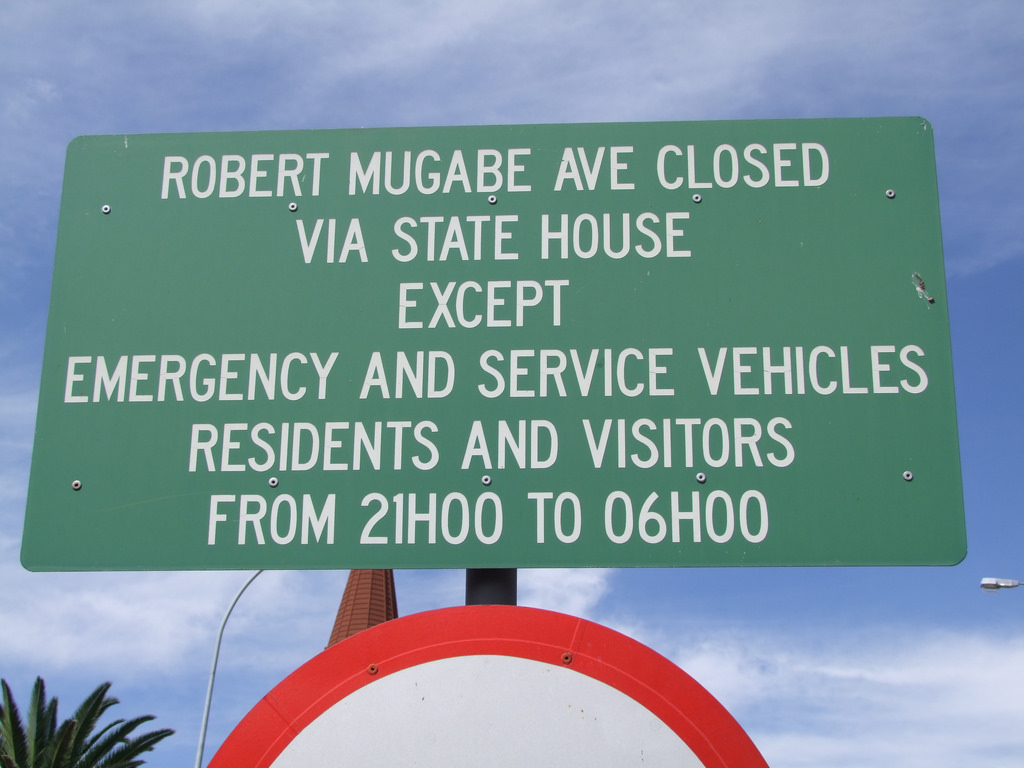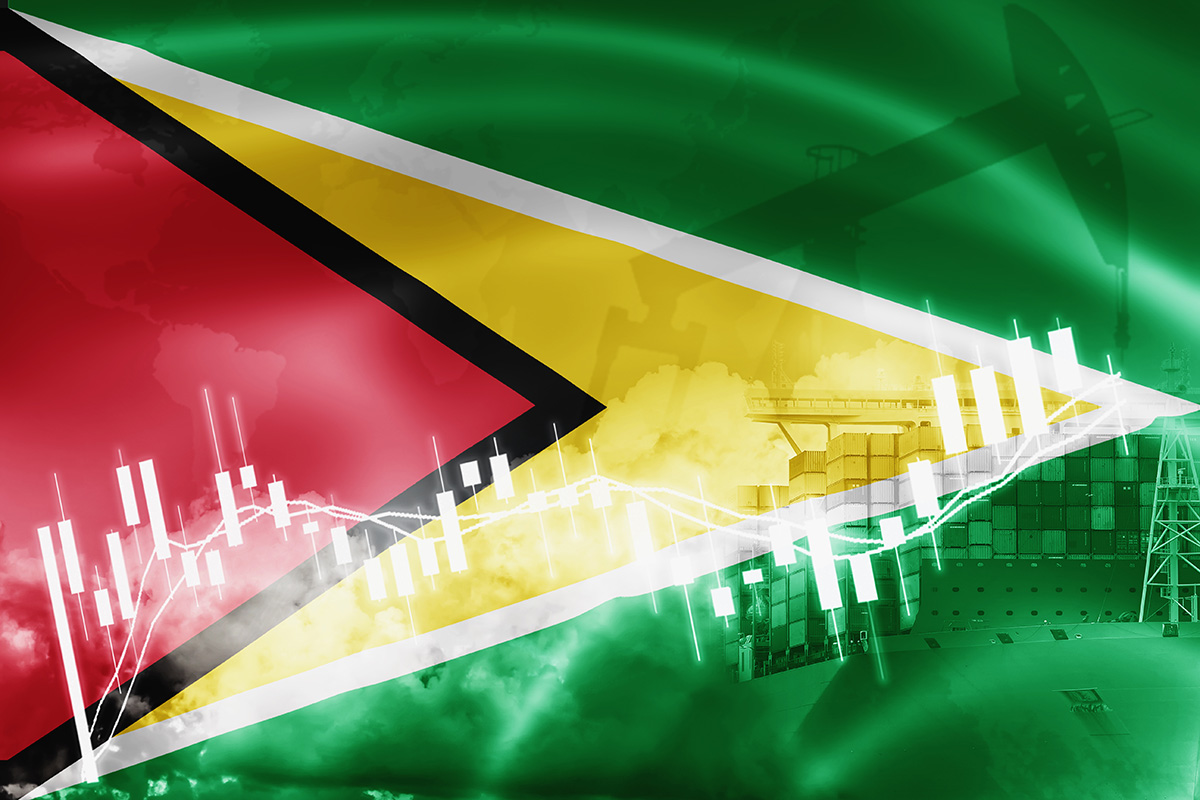“Zimbabwe reaches for a new leader”
November 20 Zimbabwe appears to be on the cusp of leadership change, writes Michael Gyekye, 24, a Commonwealth Correspondent from Ghana, as he reviews the dramatic events and the public reaction in what has been a historic week.
Zimbabwe appears to be on the cusp of leadership change, writes Michael Gyekye, 24, a Commonwealth Correspondent from Ghana, as he reviews the dramatic events and the public reaction in what has been a historic week.
Finally. The change in leadership the people of Zimbabwe have craved for decades is almost here. Strongman Robert Mugabe heads for the exit after nearly four decades in power, apparently to be replaced by long-time ally turned foe, Emmerson Mnangagwa, a mercurial politician nicknamed the “crocodile” for his unsavoury political record but nonetheless regarded as the lesser evil of the two.
President Mugabe had sacked Mr. Mnangagwa as Vice-President barely a couple of weeks ago, ostensibly to replace him with First Lady Grace Mugabe, thereby clearing her path to the Presidency once he leaves office.
Sadly for the Mugabes and to the delight of the people of Zimbabwe, the tables have turned dramatically, with Mr. Mugabe now reluctantly negotiating his own exit from office with the country’s military chiefs, who moved to seize power and placed the 93-year old leader, the world’s oldest president, under house arrest a few days ago.
A dainty mix of euphoria and anxiety describes the current political climate of the country as Zimbabweans brace for a new life after the political oppression and economic mismanagement of the Mugabe era.
Zimbabwe has not witnessed a change in political leadership since 1980 when Mr. Mugabe rose to power as the leader of a group that fought to end white minority rule in the southern African country. After a brief spell of national reconstruction, he has presided over a disastrous deterioration of the country’s economy marked by infamous hyperinflation, inordinate unemployment rates and horrendous looting of the public purse.
President Mugabe’s regime had been propped up to date by the country’s military, which backed the regime’s brutal suppression of political dissent and wanton violation of human rights in exchange for handsome conditions of service. The threat to this unholy bargain posed by the meteoric political rise of First Lady Grace Mugabe, 52, who the military and the country’s retired “revolutionary” fighters only perceived as a rank outsider, indeed whom they cynically regarded as having been a mere teenager during the revolutionary days, is the speculated cause of the country’s present political impasse.
Evidenced by the overwhelming turn out at recent mass protests held by Zimbabweans home and abroad to demand the immediate end of President Mugabe’s leadership, the people of Zimbabwe find this moment highly opportune for a political reset in the country.
It is speculated that a coalition government comprising Mr. Mnangagwa and his loyalists and members from some opposition political parties would be formed to chart a path to political reforms in the country.
It would be most prudent if capable Western powers pushed hard for this sensible initiative and offered the necessary political and economic assistance to facilitate a time-bound political transition marked by the production of a new national Constitution. Moreover, electoral reform and credible elections to produce legitimate national leaders must be enacted in order to rebuild the country and assist the realisation of its socio-economic potential.
Has an unmasked crocodile better chances of salvaging a crippled nation than a vampire disguised in anti-imperialist garbs? I hope so!
This article first appeared in The London Globalist
Reach me on Facebook at Michael Adu Gyekye
photo credit: cyclingshepherd What? via photopin (license)
…………………………………………………………………………………………………………………
About me: I aspire to be a communications, management and policy development consultant. I am a graduate of B. A Political Studies from the Kwame Nkrumah University of Science and Technology, Ghana. I am especially interested in politics, business, technology and sports. I love to read, write, facilitate programs, offer analytical commentary and travel.
…………………………………………………………………………………………………………………
Opinions expressed in this article are those of the author and do not necessarily represent the views of the Commonwealth Youth Programme. Articles are published in a spirit of dialogue, respect and understanding. If you disagree, why not submit a response?
To learn more about becoming a Commonwealth Correspondent please visit: http://www.yourcommonwealth.org/submit-articles/
…………………………………………………………………………………………………………




